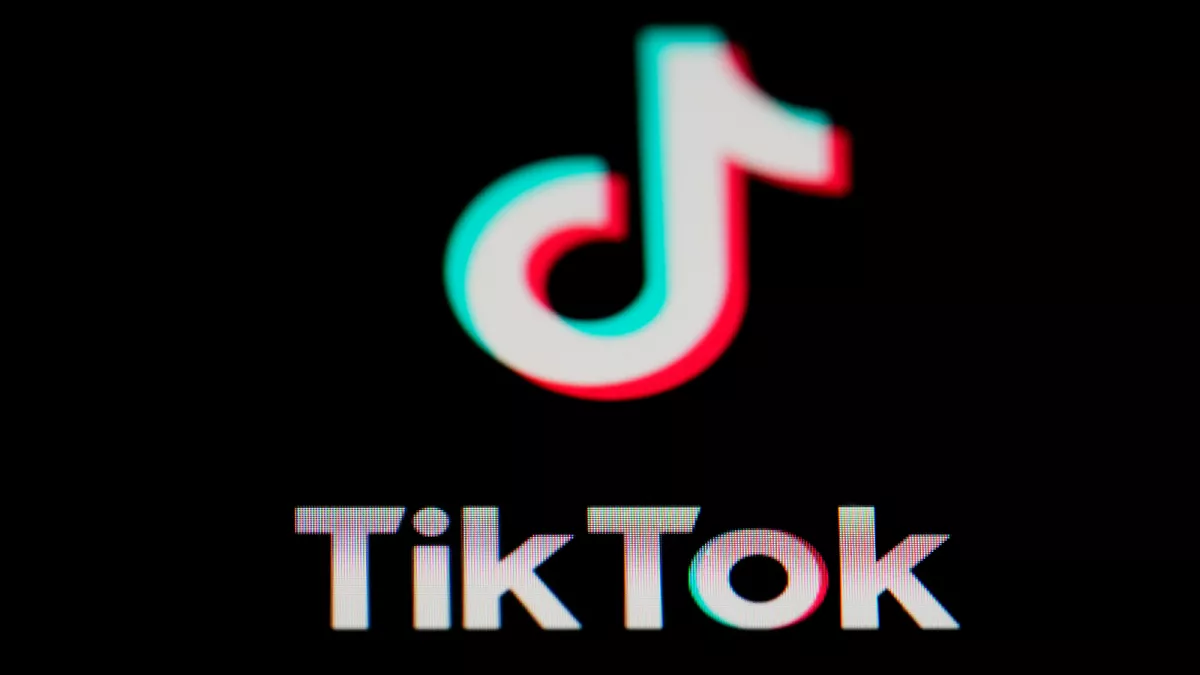The debate surrounding the fate of the wildly popular short-form video app, TikTok, continues to rage within the United States and other nations. Arguments for banning TikTok often cite national security concerns and its alleged ties to the Chinese government. However, those opposed to a ban emphasize the app’s cultural importance, the potential suppression of free expression, and the economic consequences it could bring about.
Key Highlights:
- National Security Concerns: TikTok’s Chinese ownership raises fears about sensitive user data potentially falling into the hands of the Chinese government.
- Freedom of Expression: Critics of a ban argue that it would stifle creativity and limit an important platform for individual expression.
- Economic Impact: A TikTok ban could significantly impact content creators and businesses that rely on the app for income and marketing.
- Global Implications: A US ban could trigger similar actions by other countries, further isolating China in the technology sphere.
The Case for a Ban
Proponents of a TikTok ban primarily focus on concerns rooted in national security. They assert that the Chinese government could compel ByteDance, TikTok’s parent company, to hand over vast amounts of user data. This data could potentially include personal information, browsing habits, and location tracking. Critics claim China could then leverage this information for intelligence gathering or even to influence public opinion in ways that harm national interests.
Additionally, concerns exist around TikTok’s algorithms and how they could be manipulated to promote content that aligns with the Chinese government’s agenda or censor topics that are politically sensitive.
The Case Against a Ban
Those who oppose a TikTok ban argue that it would be an overbroad measure that infringes on freedom of expression. They contend that the app has become a vital platform for creative content, political discourse, and social connection – particularly for younger generations. For many users, TikTok serves as a primary outlet for self-expression and a means to build online communities.
Moreover, a ban would have significant economic repercussions. Many content creators rely heavily on TikTok as a source of income. A ban would effectively cut off their livelihood. Similarly, businesses of all sizes utilize TikTok for effective marketing campaigns and customer outreach, and a ban would disrupt those efforts as well.
Global Considerations
The potential ban of TikTok in the United States carries potential global implications. A move of this magnitude by the US could embolden other nations to consider similar bans. Such widespread action would contribute to the growing fragmentation of the global internet and further isolate China on the technological stage.
The Path Forward
The debate around the fate of TikTok highlights a broader challenge posed by the rise of Chinese-owned technology platforms. Finding a balanced approach that addresses legitimate national security concerns without resorting to heavy-handed bans is proving difficult.
Alternatives to a complete ban are being discussed. One possibility is a forced sale of TikTok to a US company, which would theoretically remove the app from Chinese control. Another option is to implement stricter regulations for handling user data and increase transparency around TikTok’s algorithms.
As the debate around the potential banning of TikTok continues, the far-reaching consequences for free expression, the economy, and global tech relationships become starkly apparent. The ultimate outcome of this situation will undoubtedly have lasting implications.

















